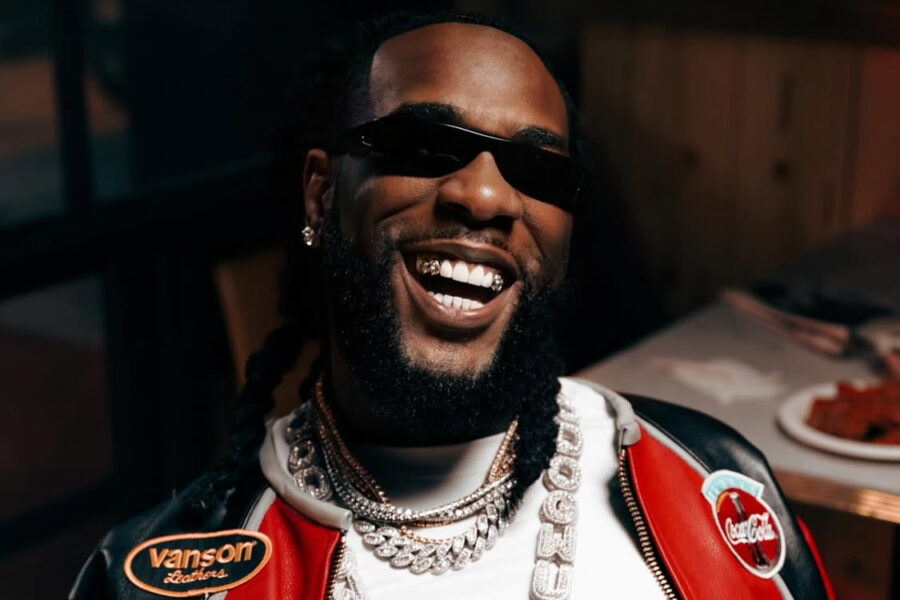The Digital Revolution: How Streaming is Reshaping Nigeria’s Media Landscape
In an era where smartphones and tablets rule our daily lives, Nigeria’s traditional TV and radio stations are experiencing a dramatic shake-up. From binge-watching your favorite Nollywood series on Netflix to catching up with the latest hits on Spotify, digital platforms are revolutionizing how Nigerians consume entertainment.
Gone are the days when families would gather around the TV at 9 PM sharp for their favorite show. Today’s media consumers are calling the shots, thanks to the explosion of streaming services and social platforms. The modern Nigerian viewer wants content on their terms – anytime, anywhere, and on any device.
This shift has created both headaches and opportunities for traditional broadcasters. While platforms like YouTube have opened doors for Nollywood stars to connect directly with fans through personal channels and vlogs, traditional TV stations are seeing their advertising naira flow towards digital platforms that offer laser-focused targeting capabilities.
The numbers tell the story: younger Nigerians are increasingly turning to digital alternatives, leaving traditional broadcasters scrambling to stay relevant. But it’s not all doom and gloom for conventional media. Many Nigerian TV and radio stations are fighting back by embracing digital innovation. They’re launching their own streaming platforms, creating engaging social media content, and even partnering with popular YouTube creators to reach new audiences.
Smart broadcasters are adopting hybrid approaches – maintaining their traditional programming while building strong digital presence. Radio stations are jumping into the podcast game, while TV networks are developing apps and streaming services to keep viewers engaged across multiple platforms.
The recipe for success in this new era? Adaptation and innovation. By embracing digital tools while maintaining their unique cultural role, Nigeria’s traditional broadcasters can carve out their place in an increasingly digital entertainment landscape. The key is finding the sweet spot between preserving what makes traditional media special while embracing the convenience and personalization that digital platforms offer.
As this media evolution continues, one thing is clear: the future of Nigerian entertainment will be a blend of traditional and digital experiences, creating more choices and opportunities for both content creators and consumers alike.







Leave a Comment